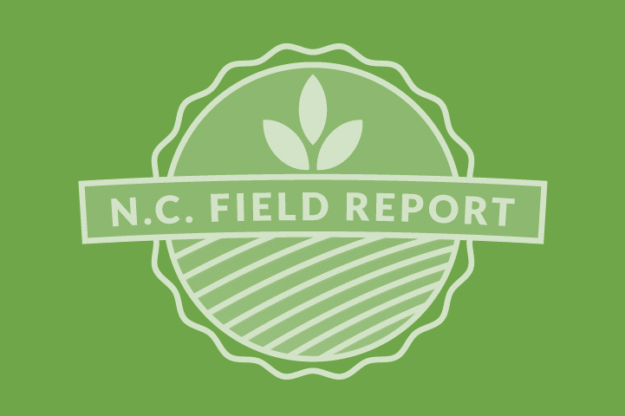Crop Rotation Matters
Rotation should be viewed as a way to maintain or increase profits and improve soil cropping conditions. Although labor, equipment, and soil type all may limit the types of crops you can grow, rotation is still an essential component of any management plan. Whether your operation grows a few crops or many, crop rotation needs…
Details


